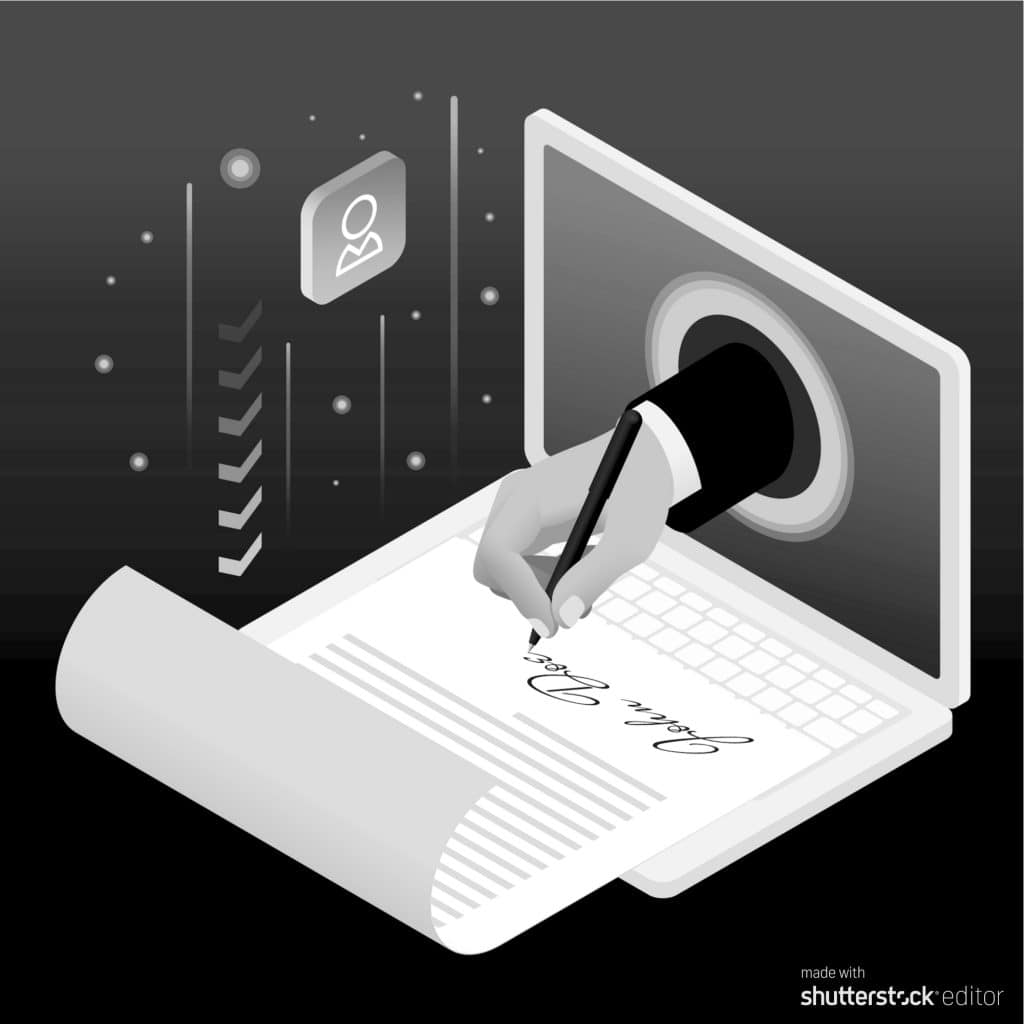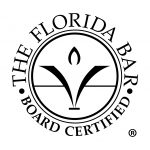Electronic Signing of Trusts and Wills are active Now!
The effective date is July 1st, 2020. Clients can now sign a Trust or Will electronically and remain safe from the virus. Clients may update their Trust or Will without fear of catching the coronavirus at a Trust or Will signing. There are some modest costs involved.
Question time:
In any electronic signing of a Trust or Will, the remote notary will be asking certain quiz questions. These are intended as a safeguard. An example question is: Do you require any assistance with daily care? The questions will vary by the circumstances: if the witnesses are not in the physical presence of the signor then there are additional questions that must be asked.
Client in assisted living or having a caregiver?
The following persons cannot use remote witnesses: any client in any facility, or any client who has a regular caregiver, any client who ability to care for themselves fully is reduced. Again, remember this is a safeguard. It should be stressed that a client in a facility or using a caregiver DOES NOT lose their legal rights to write or amend a Trust or Will. It simply means that the witnesses must be there “in person.”
Should you as a client consider an electronic signing of a Trust or Will?
The first two considerations are the advantage of being protected from the virus, and the downside of a small additional cost. Some attorneys point to electronic signings being “new-fangled” procedures, and suggest their clients not be guinea pigs for a new and untested law. However, there are always naysayers to new progress. “Horseless carriages” were initially ridiculed, and Napoleon famously mocked power sea travel by comparing steam boats to making the ship go by “building a fire below in the cargo hold.” In our law firm, we are willing to assist clients in avoiding the virus, by electronic signings or any other means. Caution should be in order though.
Will or Trust, do Trusts need witnesses too?
In Florida, Trusts which impact distribution of property after death have to meet the same requirements as a Will signing. Signed at the end. Two witnesses. In the presence of. This applies only to Florida residents! Other states have different rules for Trust signings. Many states have traditionally not required witnesses for Trusts, even though that same state requires Will witnesses. Legacy Trusts: a Trust or Trust amendment that a client signs before becoming a Florida resident does not have to meet the Florida rules, it needs to be valid in the state of residence at the time it is signed. But once a client becomes a Florida resident, the client must have ongoing Trust amendments signed under the Florida rules: Two witnesses and in the presence of.
What about the formalities required for a non-electronic signing of a Trust or a Will?
A Trust or Will signing is notoriously tricky. For this reason, most experienced estate lawyers prefer to personally supervise the signing process whenever possible. Some examples of issues that have arisen:
* Will inadvertently not signed, other docs signed.
In a Will signing, the lawyer used multiple originals of Living Wills, Powers of Attorneys, and other forms. The Living Wills and Powers of Attorneys were signed, but the Last Will and Testament was not signed. An enterprising lawyer alleged a constructive trust to overcome the lack of signature. The court didn’t allow the constructive trust. You have to actually sign the Will or Trust.
*Codicil not signed.
A codicil not signed was litigated, but the court applied the same rule to the codicil. A “codicil” simply means an “amendment” to a Will.
* Signing with an “X”
A testator signed with an “X”, and the Will was held to be valid (1955 case). However, the “X” must have been intended to be the signer’s “mark.” In other words, it is a procedure for illiterate persons. An “X” cannot be used as a signature indiscriminately. See the case that follows.
*Signing only first name; signing interrupted.
In one case, the Will was signed only with the first name. The Will was held to be not valid. There was testimony that the signing was interrupted by a comment that there was no notary. Actually, a notary is NOT required for a Will to be valid. A notary is customarily used because it speeds the admission of the Will to probate. By this some clients begin to think that a Notary is required for a Will to be valid. But that is NOT the case, the two witnesses are required, but the notary is not. In this situation, the signer didn’t finish signature (remember the rule: the Trust or Will has to be signed in front of witnesses!). COMMENT: if a person’s “regular signature” was using their first name only, the result may well have been different. This is similar to the signing of a Will with an “X,” whatever mark is used to “sign,” it has to be intended as a signature.
* Signing in wrong place, signing on line for witness.
In one case the signer mistakenly signed on a signature line intended for Will witnesses. The signature was held to be valid. A Will signer has to sign at the “end” of a Will, but lines for witnesses to sign are at the end of a Will. It should be noticed also that the Will did in fact have two witnesses; despite the fact that the Will signer used a line intended for witnesses.
* Requirement to sign in presence of.
In Florida, Will witnesses MUST sign in the presence of the will signer. In the case of electronic Wills, the Will witnesses must be “electronically present.”
* In the same room, but there was a separator.
In one case, a Will revocation was not “in the presence of” when it was done in the same room, but there was bed curtains around the bed. The curtains created a separation, whereby the persons were not in the presence of each other.
* Across a bank lobby.
In another case, a Will was signed at a bank, and one bank employee-witness was “across the bank lobby.” The witness was held to NOT be in the presence of the Will signer.
* Conclusion: Trust and Will signings can be tricky!
As can be seen from the examples above, a Trust or Will signing is very tricky! Don’t take any chances!




